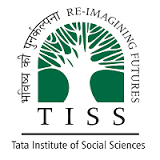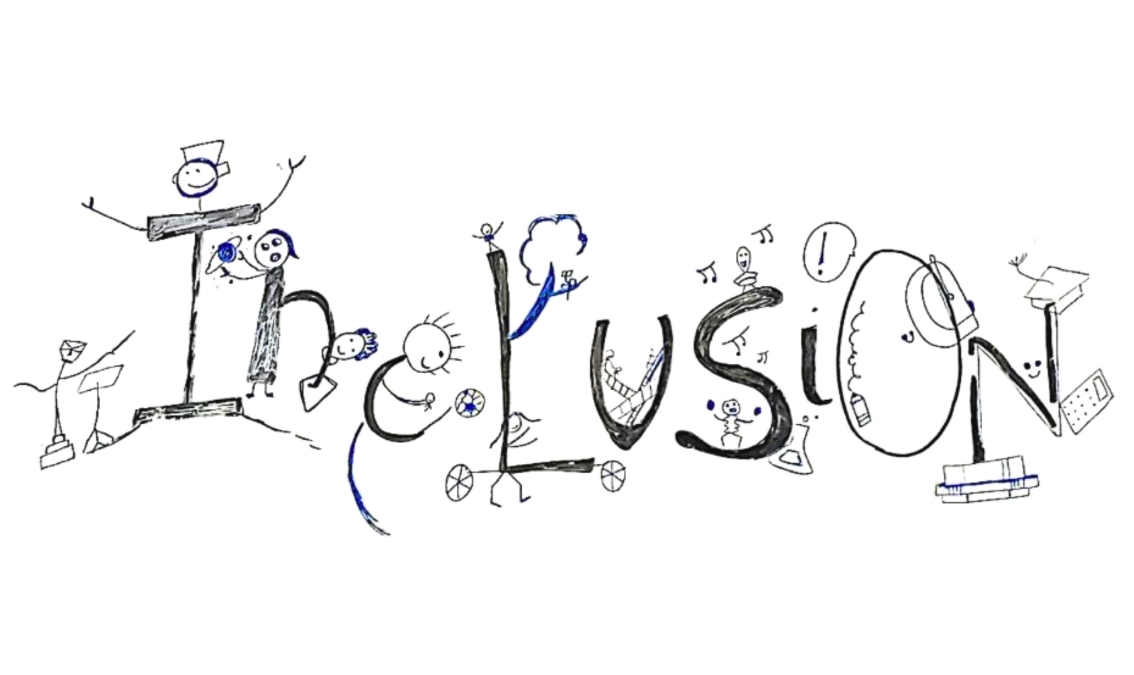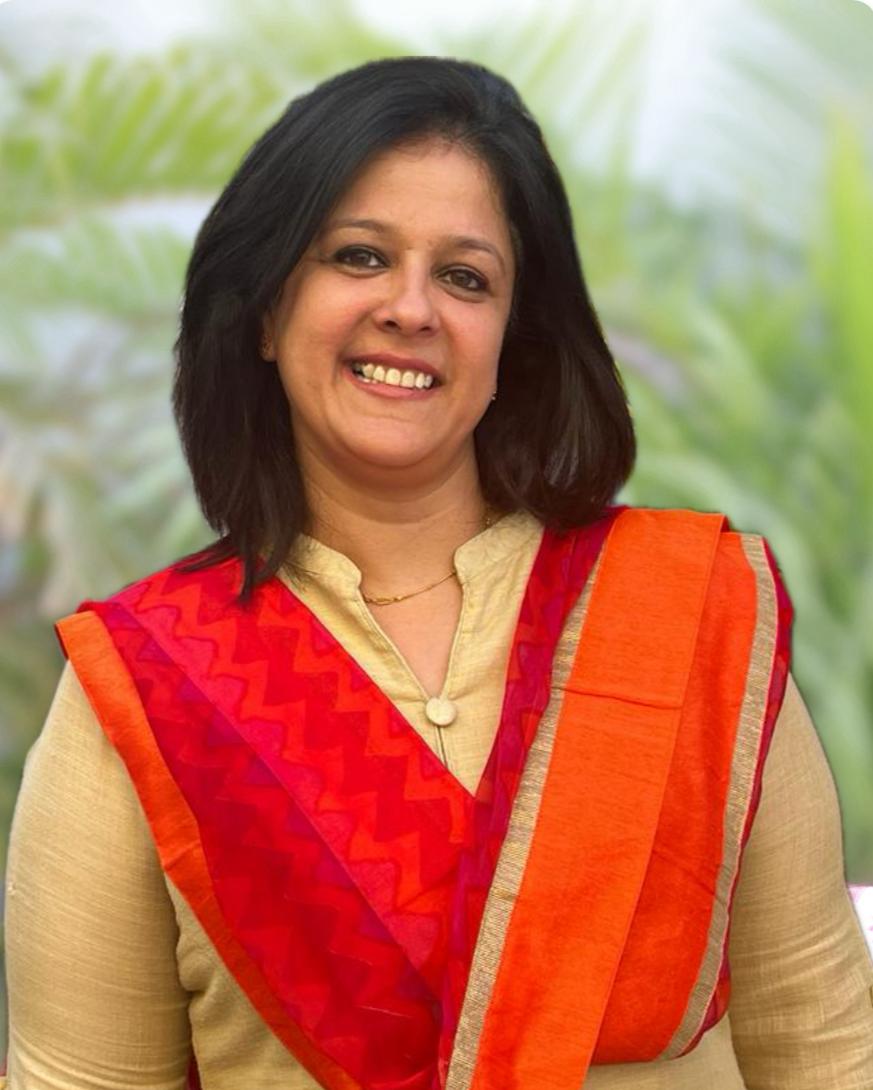Prof. Mythili Ramchand
Co-designed this course and many other MOOCs on https://tissx.tiss.edu. Dr. Mythili Ramchand is currently Professor and Co-chairperson at the Centre of Excellence in Teacher Education, Tata Institute of Social Sciences, Mumbai.Her research interests are in the areas of philosophy of education, initial teacher preparation, inclusive education and mediation of resources in teaching learning process. Mythili has led a number of collaborative projects and research studies. She was the principal investigator for a Government of India supported research on comparative study of initial teacher education in the BRICS countries, in partnership with University of Sussex. She supported an inclusive STEM teacher education programme in Nigeria, Tanzania and Bhutan. She is currently working on a project to develop human resources for inclusive education in India with multiple partners and helped launch the South Asia Research Hub on Inclusive Education. She has worked on initial teacher education curriculum and developed reading and related materials and been involved in capacity enhancement programmes for faculty of education.
Dr. Sonia Sawhney
Dr. Sonia Sawhney is an Assistant Professor at the School of Educational Studies at the Tata Institute of Social Science, Hyderabad. She has a rich background in education, having worked as a primary grade teacher and a junior headmistress before joining TISS. Her core interests lie in engaging with the complexities of inclusive education, special educational needs, equity and social justice, child rights, and students' socio-emotional well-being. More specifically, she explores the nature of inclusive strategies and the influence of these on students’ well-being and academic achievements.
Sonia pursues her research interests by extensively engaging in research, teaching, publishing, conducting workshops and developing curriculum. She has conducted studies for various international and national institutions and organizations, including UNESCO, the Government of Telangana, the Government of Maharashtra, Cognizant Foundation, Wipro Applying Thought in Schools (WATIS) and others. Her scholarship is interdisciplinary and draws on multiple perspectives and methods. She regularly reviews for journals, publishers, research bodies and conferences.
She is a recipient of the iSTEP scholarship from the Stanford Graduate School of Education, Stanford University, USA and the Cambridge Assessment Scholarship, Cambridge Commonwealth Trust, UK.
Sonali Kadam
Sonali Kadam is currently a Research Associate at the Centre of Excellence in Teacher Education (CETE), Tata Institute of Social Sciences, Mumbai, where she is part of the Inclusive Education Research Group. With a Bachelor of Engineering in Biotechnology, Sonali brings a diverse range of experiences to her role.
She has served as a Learning Facilitator and Hands-On Learning Content Designer at the Slum & Rural Innovation Project Dharavi Diary in Dharavi, Mumbai. In this role, she developed and delivered innovative educational content tailored to the needs of underprivileged communities.
Sonali is also an India Outreach Fellow of Foldscope,is paper microscope, where she facilitates citizen science projects and promotes biological literacy among various tribal, urban, and urban slum communities across India. She has also worked for three years at the Developmental Neurogenetics and Behavior Lab as a researcher at Tata Institute for Genetics and Society, TIFR Bangalore Campus, Bangalore.
Sonali's expertise lies in inclusive education, hands-on learning, and community outreach. She is passionate about empowering diverse learners through innovative, experiential educational approaches.



